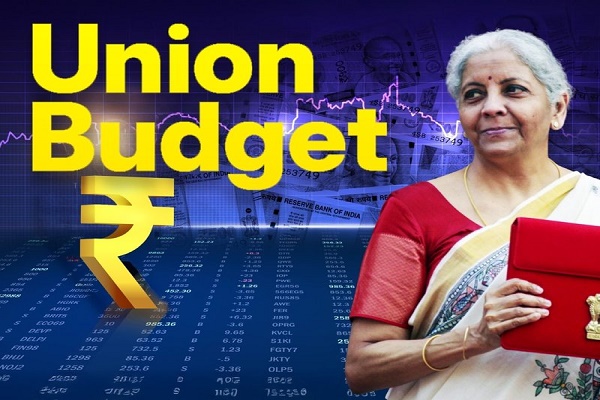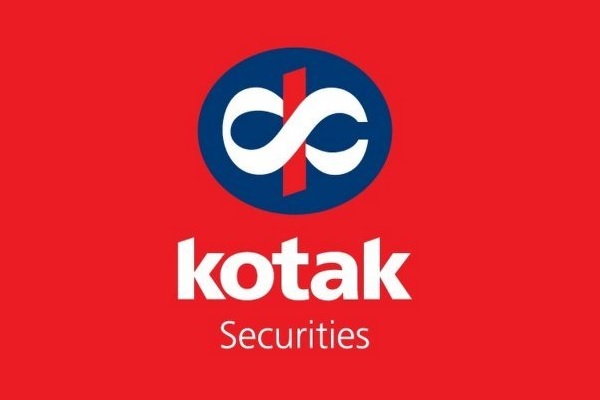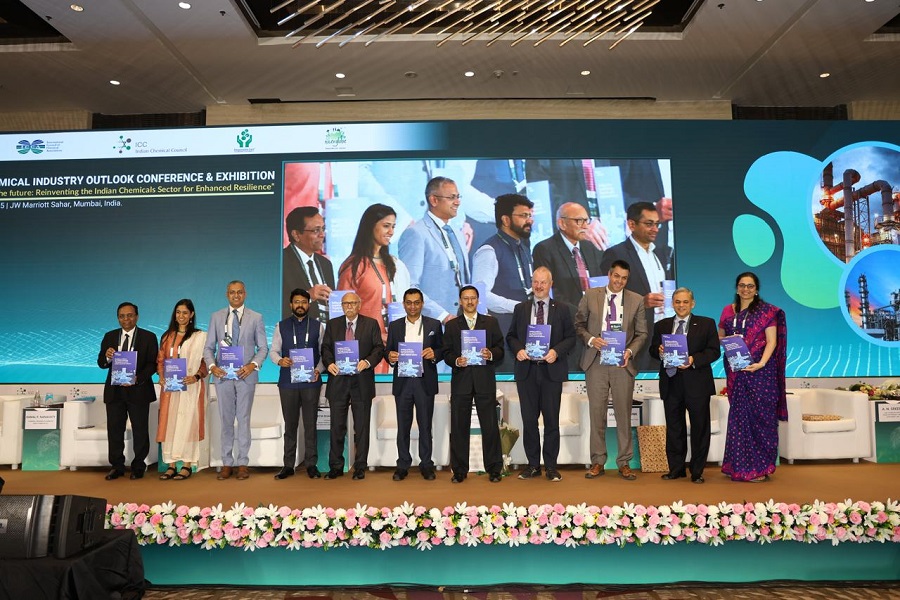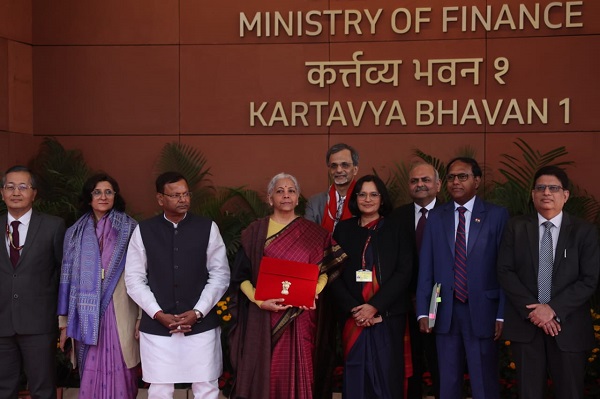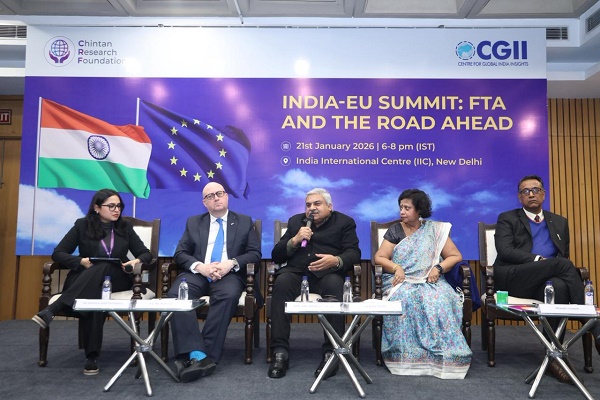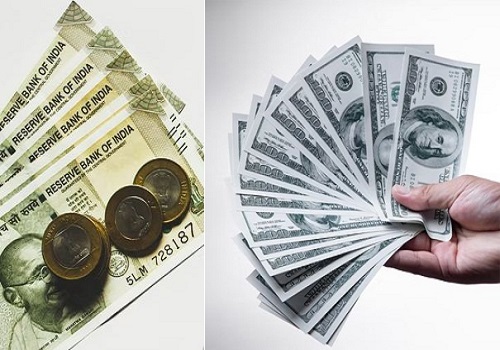Focus on fiscal consolidation; however, capital expenditure push intact By Angel One Ltd
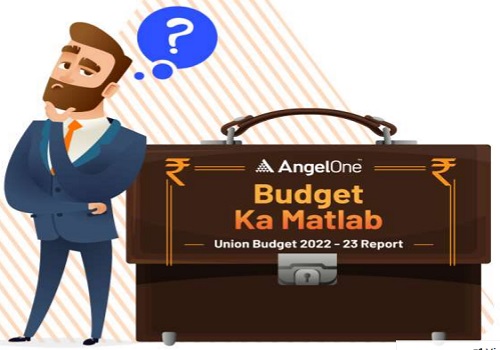
The Government in line with their aim to reach a fiscal deficit level below 4.5% of the GDP by 2025-26 has fixed the deficit for 2023-24 at 5.9%. The reduction in Fiscal deficit figure was expected led by reduction in subsidies post pandemic and moderating global commodity inflation. Deficit figure of 6.4% for FY2023 was retained as budgeted.
The Government expenditure for FY2023 was revised upwards to ?41.8 lakh Cr. from the budget estimate of ?39.4 lakh Cr. This was led primarily on account of higher revenue expenditure. Revenue expenditure for the year stood at ?34.6 lakh Cr., higher than budget estimates of ?31.9 lakh Cr. Higher than budgeted revenue expenditure was largely driven by more allocation under Fertilizer and food subsidy along with new allocation towards retirees of armed forces under ‘one rank one pension’. Higher provisions of one time grant to Oil Marketing Central Public Sector companies for meeting under recoveries and track renewals of railways further contributed to the slippage.
Despite higher than budgeted subsidy burden target for FY2023, fiscal deficit was retained at 6.4% due to buoyant net tax collections crossing 86% of the budget estimate by Jan 10.
Budgetary support for capital expenditure increased by nearly 37% in FY24 budget estimates over revised estimates of FY23. The capital expenditure for FY2024 was increased to INR 10 Lakh crore. This would be a 33% increase from the capex allocation announced in the previous budget. Government also increased the allocation for 50 year interest free loans to state to Rs. 1.3 lakh crore. A sustained capex push coupled with expectations of tight fiscal control should be neutral to positive for equities.
Key Highlights of the Budget
The Union Budget clearly has a focus towards increased capital spending and is clearly beneficial for Infrastructure and allied sectors. Key measures announced by the Government are:
* Sharp increase in capital expenditure by 33% YoY to ?10 trillion in FY2024 on the back of 22.8% YoY growth in FY2023.
* 100 critical transport infrastructure projects, for last and first mile connectivity for ports, coal, steel, fertilizer, and food grains sector.
* Highest ever capital outlay for railway, 9 times over FY14
* Open source digital platform, agricultural accelerator fund, massive decentralized storage capacity.
* Framework for battery energy storage projects with a capacity of 4000 MWH
* Income from Insurance policies bought after 31/03/2023 above Rs5 Lakh taxable.
* Rationalization of income tax slabs under the new tax regime
Changes in Income Tax regime
The Government rationalized income tax slabs under the new tax regime. Further, the highest surcharge rate under the new regime is reduced to 25% from 37% previously. The rebate limit is increased to INR 7 Lakh from INR 5 Lakh under the new regime. Thus, people with income up to 7 Lakh will not have to pay any tax. The revision is expected to impact Government’s revenue by INR 35K Cr annually. On the consumption front, this could put some extra money in tax payer’s hands and support consumption demand and increase savings.
Apart from that, the limit of presumptive tax was also increased– MSME from Rs2cr to 3cr; professionals from Rs50lacs to Rs75lacs. Also, deduction u/s 54 and 54F in respect of capital invested in a residential house to be capped at Rs 10 cr.

Tax revenue assumptions for FY2024 appear realistic
Gross tax collections for FY2024 are expected to grow at 10.4% in FY2024 down from 12% in FY2023. Net tax collections growth is expected to be at 11.7% in FY2024. Direct taxes are expected to grow by 10.5% yoy driven equally by personal income tax and corporate tax.
Indirect tax collections excluding GST are expected to grow by 7.9% YoY which is in below the nominal GDP growth estimates of 10.5% YoY. GST collections are expected to grow by 12.0% yoy while customs duties are expected to grow by 11.0% YoY. Excise duties are expected to grow by 5.9% YoY.
Tax revenue growth for FY2024 seems to be realistic and seem to reflect the slowdown in nominal growth expected in FY24 (10.5%). GST collection looks upbeat as monthly run rate assumed at INR 1.6 Lakh vs. 1.4 Lakh for FY23 RE. The collection of GST could be marginally lower than assumed in the budget for FY24.
To Read Complete Report & Disclaimer Click Here
Please refer disclaimer at https://www.angelone.in/
SEBI Regn. No.: INZ000161534
Above views are of the author and not of the website kindly read disclaimer





